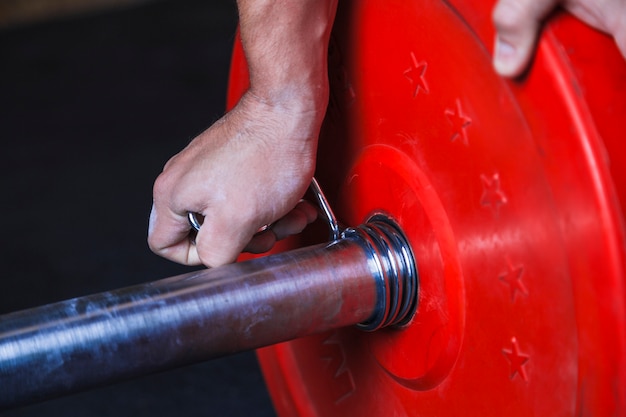Discover which diet helps you shed fat while preserving muscle—start fast, stay consistent, and track weekly results.
For men aiming to build muscle while reducing body fat, choosing the right diet is crucial. Two popular dietary approaches—low-carb and Mediterranean—often rise to the top. But which one delivers better fat-burning results without sacrificing hard-earned muscle?
Both diets have strong scientific backing, but they take very different approaches to nutrition. Understanding their mechanisms, sustainability, and impact on body composition can help you make an informed decision.

The low-carb diet reduces carbohydrate intake—typically to under 100–150 grams per day—with the goal of shifting the body into fat-burning mode. By limiting carbs, insulin levels drop, prompting the body to use stored fat for energy, especially in very low-carb forms like keto.
Protein and fat intake are increased to compensate, supporting satiety and muscle maintenance. This diet is particularly popular among those seeking rapid fat loss and improved metabolic markers.
Rooted in the traditional eating patterns of Southern Europe, the Mediterranean diet emphasizes whole grains, vegetables, fruits, legumes, nuts, olive oil, and moderate fish and poultry. It includes limited red meat and processed foods, and often allows a glass of red wine in moderation.
While not explicitly low in carbs, it focuses on complex, fiber-rich carbohydrates and healthy fats—making it a heart-healthy, sustainable long-term option backed by decades of research.

Multiple studies show that low-carb diets often lead to faster initial fat loss, especially in the first 3–6 months. This is largely due to reduced water retention and appetite suppression from higher protein and fat intake.
However, long-term studies (1–2 years) indicate that total fat loss between low-carb and Mediterranean diets tends to even out. The Mediterranean diet often shows better adherence and improved cardiovascular outcomes, which supports sustained fat loss over time.
A key advantage of the Mediterranean approach is its ability to preserve lean muscle mass during weight loss, thanks to adequate protein and balanced macronutrients.
For muscle gainers, maintaining a positive nitrogen balance and supporting recovery is essential. While low-carb diets can support muscle retention, very low carb intake may impair intense training performance due to reduced glycogen stores.
The Mediterranean diet, with its inclusion of complex carbs, supports consistent energy for workouts and better glycogen replenishment—critical for hypertrophy and strength gains.
Both diets can be adapted for muscle building, but the Mediterranean approach may offer a more balanced fuel source for sustained gym performance.

Rapid results are appealing, but long-term success depends on consistency. Low-carb diets can be restrictive, making them harder to maintain socially and psychologically over time.
The Mediterranean diet, rich in variety and flavor, is widely regarded as one of the most sustainable eating patterns. Its flexibility supports long-term adherence—key for lasting fat loss and muscle definition.
Regardless of diet, tracking progress weekly ensures accountability and adjustment. Measure:
Adjust your diet and training if fat loss stalls or performance declines.
If your goal is rapid fat loss and you can manage the restrictions, a low-carb diet may give you a quick start. However, for long-term fat burning, muscle preservation, and overall health, the Mediterranean diet comes out ahead—especially for men focused on consistent gains.
The best diet is the one you can stick to. Combine either approach with resistance training, adequate protein, and weekly tracking for optimal results.
Start with a clear plan, stay consistent, and measure weekly. Whether low-carb or Mediterranean, success comes from adherence and smart tracking—not just the diet itself.

Fitness

Fitness

Fitness

Fitness

Health

Health

Health

Fitness

Health

Health

Wellness

Wellness

Health

Fitness

Health

Health